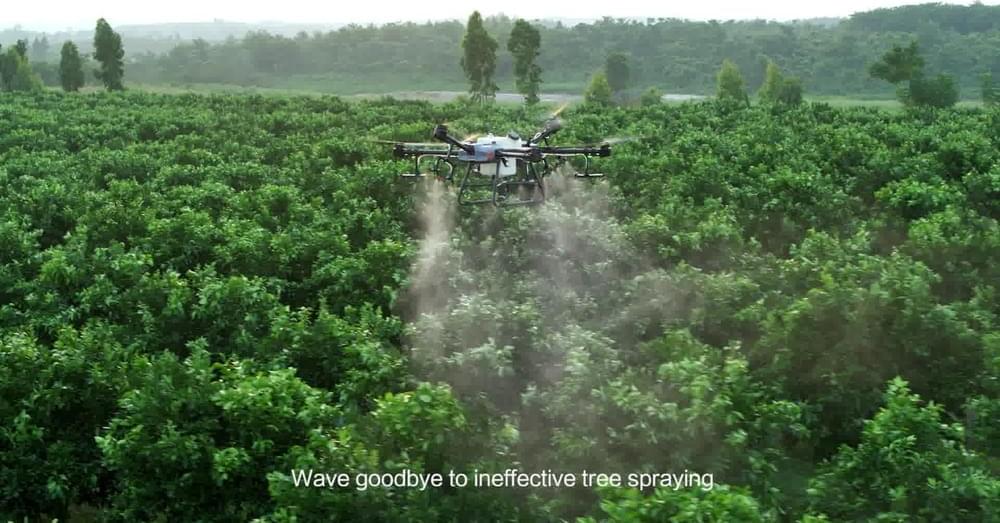Circa 2015 Clues of the genetic material in vultures could give rise to humans that have immunity to nearly all bacteria and viruses.
WASHINGTON WASHINGTON (Reuters) — A diet of putrid rotting flesh may not be your cup of tea, but to the cinereous vulture, found across southern Europe and Asia, it is positively delightful. This tough bird, it turns out, is genetically wired to thrive on the stuff.
Researchers on Tuesday said they have sequenced the genome of this big scavenger, also called the Eurasian black vulture, identifying genetic traits that account for a stalwart stomach and powerful immune system that let it carry on eating carrion.
They pinpointed genetic features related to gastric acid secretion that help explain this vulture’s ability to digest carcasses and other features linked to its immune system defense against microbial and viral infections from decomposing flesh.







